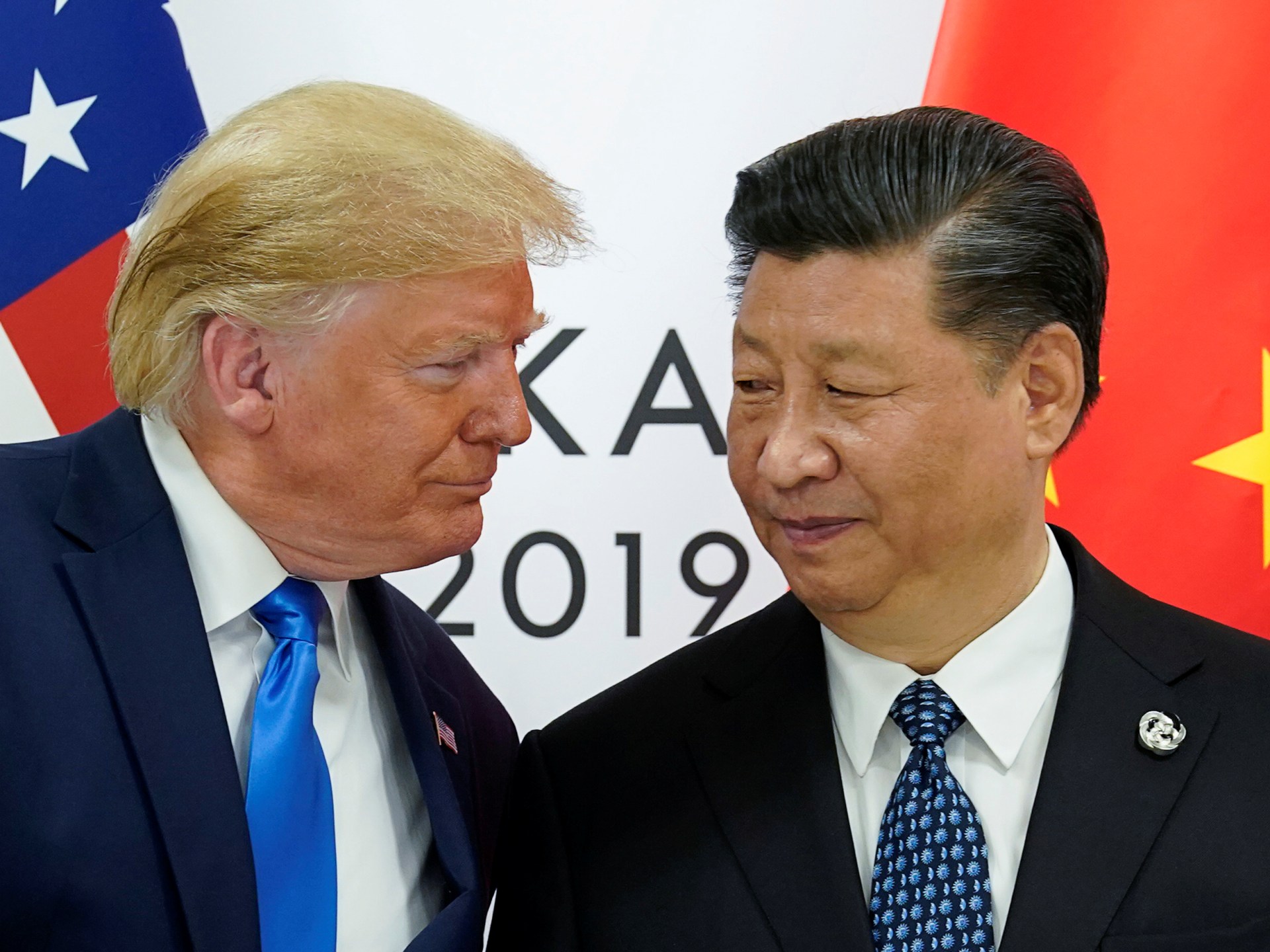Despite Trump’s budget bill slashing many mature clean-energy tax credits, Bill Gates is less worried, since new nuclear incentives, including those his TerraPower venture will leverage, survived intact.
“It wasn’t quite the evisceration that a complete lack of believing in climate change might have led to,” Gates told clean energy tech publication Cipher News in an interview about Trump’s latest plans.
Most of the programs that would benefit regular Americans (like wind, solar and EV tax credits) were scrapped when Trump signed it into law, Gates noted, but tax credits for the development of nuclear energy projects survived.
By preserving the incentives, the law keeps nuclear – one of the few remaining zero-carbon sources – in play under Trump. This means there’s plenty of opportunity for Gates to sell power from TerraPower, the nuclear startup he’s backed for nearly 20 years, to the booming datacenter market – another reason he’s likely less concerned about the bill’s impact.
“The AI people are chasing some mind-blowing profit streams,” Gates said in the interview. The Microsoft founder warned that global electricity demand is set to increase 10 percent over an unspecified period, and companies like TerraPower would be planning to meet those needs.
TerraPower is working to develop a sodium-cooled small modular nuclear reactor. Its design has neither been tested in the real world, nor certified by the Nuclear Regulatory Commission. Gates claimed in the interview that virtually all of TerraPower’s current demand in the US is related to datacenters, and predicted that the AI industry would “fill up our order book for the first 10 to 20 units.”
Of course, all that requires TerraPower to actually demonstrate a working reactor, something it still has yet to do. Only a single plant has started construction, and even then just the non-nuclear parts, in Wyoming, and it has faced delays due to a lack of available fuel and no reactor design certification. That, naturally, hasn’t stopped Nvidia from dumping $650 million into TerraPower despite there being no sign that the reactor will be up before the end of the decade.
Yet TerraPower is already trying to line up potential customers: it signed a non-binding MOU with Washington-state–based Sabey Data Centers to explore installing its reactors at Sabey’s current and future datacenter sites, though again we note this requires working reactors.
When that’ll be is anyone’s guess – as of writing, the NRC’s website indicates “pre-application interactions are being planned” with regards to TerraPower’s Molten Chloride Fast Reactor (MCFR) design and “currently engaged in pre-application activities” for the Natrium design.
To make matters more complicated, Gates said in the interview that some reactor components will be coming from overseas.
“We live in a very uncertain environment,” he said. “Is that 0 percent tariff or, I don’t know, a 40 percent tariff?”
That’s somewhat presumptuous of Bill – those tariffs might be a thing of the past before you get around to building a working reactor. Then again, building a power plant without an approved reactor design or reliable fuel source seems awfully presumptuous, too. ®


